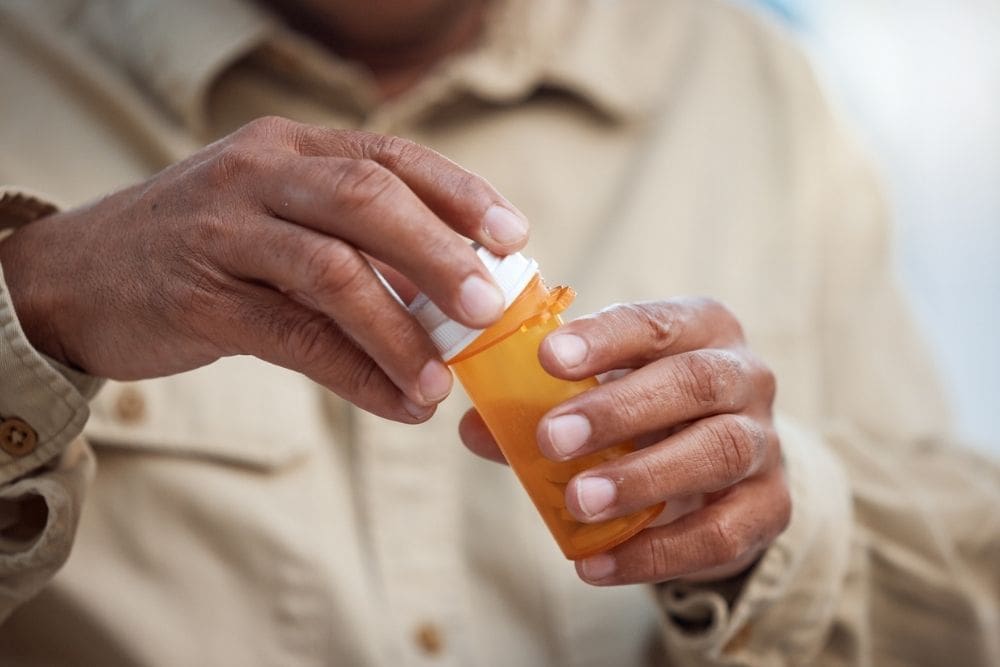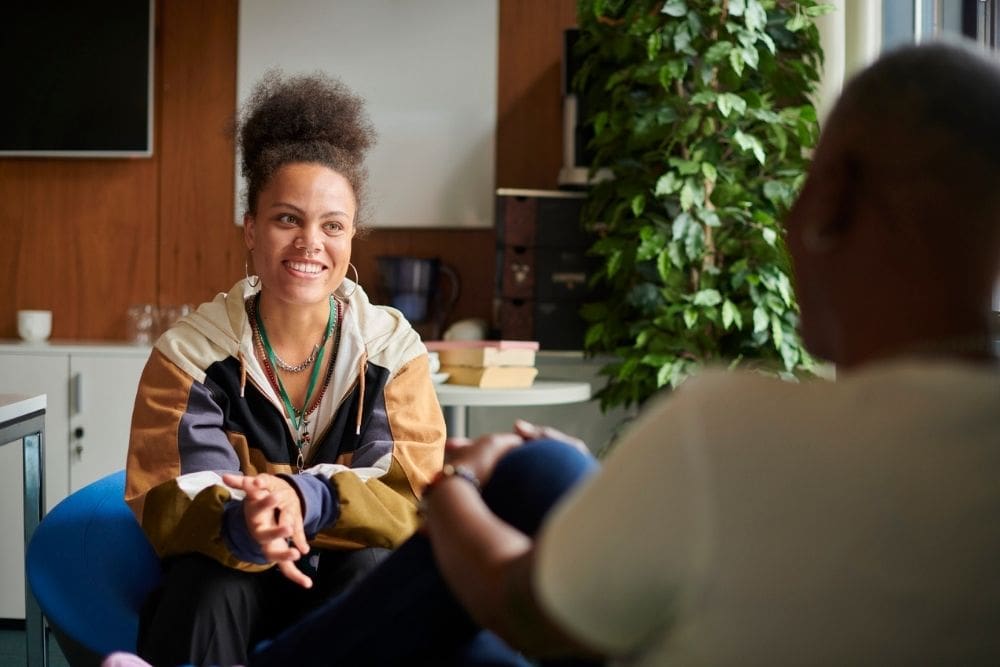Anxiety
There it is again: that creeping feeling that you’ve been keeping at bay all day.
The feeling that the floodgates holding back all the negative thoughts, the all-consuming fears, and the worst case scenarios are about to fly open. It’s called anxiety, and it can often feel like a natural disaster that occurs solely in our minds. It’s hard enough to manage anxiety when you have a strong support system, let alone when you’re on your own.
Loneliness
Loneliness is another demoralizing feature of the human experience that can highlight any anxious episode. Many think that loneliness requires being physically alone, but it’s quite possible to feel lonely even when surrounded by people.
Loneliness is a complex mental state. It varies in source and symptom from person to person. Generally, it’s the feeling of being sad when we get the sense that we aren’t connecting with others, and it can be a real doozy to overcome.
Anxiety & Loneliness in Recovery
So, what happens when we’re both anxious, lonely, and in recovery? Anxiety and loneliness would have us throw in the towel and stop trying to maintain our recovery. Fortunately, recovery isn’t about giving up.
It’s about getting up and getting back to the best versions of ourselves.
Anxiety and loneliness can feed off on one another–think of them like a stellar parasitic dream-team. As soon as one taps out the other can step into the ring with you to further exhaust your well-intentioned efforts to combat depression and substance dependence.
The First Step
The first step is identifying the source of our negative emotions.
Dr. Suzanne Degges-White of Psychology Today explains that there are three types of loneliness that can also translate to anxiety:
- Existential
This type of loneliness comes from the feeling that we are alone in facing death, isolation, or meaninglessness. A little existential loneliness is normal for everyone to experience. However, overwhelming feelings of being alone in the world–and alone in the life cycle–can cause major feelings of sadness. - Emotional
Emotional loneliness is a matter of feeling like there’s no one with whom to share intimacy or an emotional connection. This can be an acute feeling when we’re surrounded by other couples or when we’ve spent a long time unable to connect to a romantic partner or to share emotions with loved ones in our lives. - Social
Social loneliness occurs when we feel like we don’t belong to a community that we connect with. Sometimes it isn’t enough to have a good relationship with our family or romantic partners when we don’t have friends to vent to or to share platonic connections with.
Once we identify the source of loneliness or anxiety, we can more accurately control any negativity that it causes. Cognitive behavioral therapy can help you get a grip on finding a solution in and beyond recovery.
The Second Step
Secondly, we can take the following concrete steps to squash our negative or toxic emotional patterns.
- Be kinder to yourself.
Cruel self-talk is the perfect icing on the anxiety and loneliness cake. We make it harder for ourselves when we put ourselves down in our minds. We can’t always help when a toxic auto-thought pops in our heads, but we can immediately negate it and counteract it with one positive thought about ourselves–however silly it may be. - Do as many things with people as possible.
If you’re an introvert, movies and popcorn often sound a lot more enticing than people. But, you’d be surprised by how pleasantly distracting, healing, and painless a small conversation can be. Get outside with people when you can, go for ice cream, play games, exercise in groups. Despite how counterintuitive it may feel, the more the merrier, especially when we’re feeling anxious or lonely. - Try to avoid activities or people that enhance your sense of loneliness or anxiety.
Some people make us feel more lonely, maybe by being so focused on themselves that they never ask how we’re doing, or maybe by being negative about themselves or others. Learning how to discern who makes you feel better and who makes you feel worse can help you make better choices about how you spend your time. - Exercise often.
Endorphins go a long way, especially when our anxiety causes us stress and our loneliness makes it hard for our hormones to regulate themselves. Exercise is a powerful pastime that clears our minds, even if temporarily, and benefits our bodies in the short and long term. There’s nothing better!
Experiencing Anxiety & Loneliness in Sobriety? We Can Help
Much of the time, it’s our dependence on substances that can cause or prolong our anxiety and loneliness. If you are struggling with dependence on a substance to ease feelings of loneliness or anxiety, St. Gregory Recovery Center is here to help. Check out any of our three recovery programs today and start your journey toward healing.




